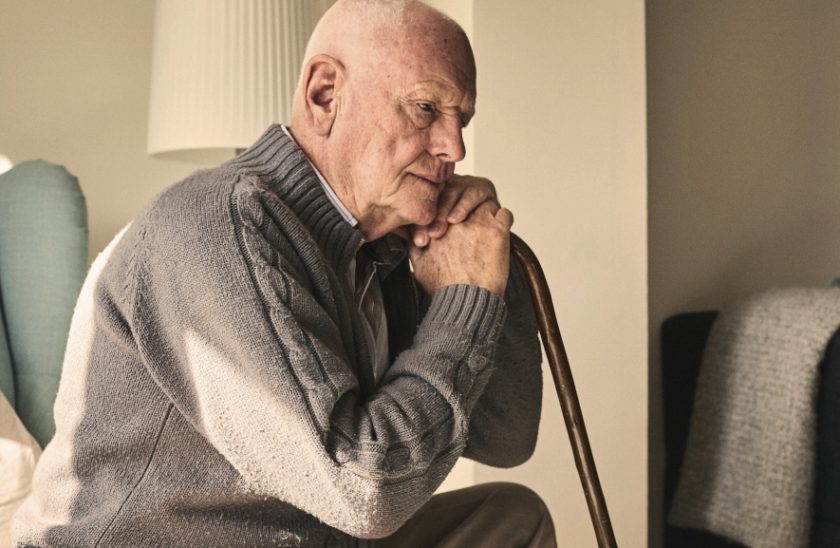5 Must-Have Services to Offer in Dementia Care Homes

Caring for individuals with dementia requires more than just a safe environment—it demands specialised services that enhance their quality of life.
To ensure residents receive the best care, Dementia Care Homes Gloucester must offer essential services that promote safety, dignity, and engagement. In this guide, you will explore five must-have services every dementia care home should provide.
1. 24/7 Personalized Care
Because their needs can shift at any moment, people with dementia require 24/7 care. The staff at care homes should be trained and available 24/7 to assist with daily activities such as dressing, eating, and bathing.
Since every person is different, care should be tailored to each resident’s specific needs. Some may need help walking, while others may require reminders for daily tasks. Staff should also provide emotional support, as dementia can cause confusion and anxiety.
2. Cognitive Stimulation Programs
Maintaining a level of mental activity is essential for individuals who are living with dementia. Cognitive stimulation programs help slow memory loss and improve mental function. These programs include activities like puzzles, music therapy, storytelling, and simple problem-solving tasks.
Residents may experience a sense of connection and engagement through even the smallest of activities, such as looking at photographs of their families. Group activities also provide social interaction, which reduces loneliness and improves mood.
3. Secure Environment
People with dementia may wander or forget where they are, which can be dangerous. A secure environment is essential to keep them safe. Care homes should have locked doors, alarmed exits, and fenced outdoor areas so residents can move around freely without risk.
Hallways should be easy to navigate with clear signs and simple layouts to prevent confusion. Bathrooms and bedrooms should have safety features like grab bars and non-slip flooring to prevent falls.
4. Medication Management
Many people with dementia take multiple medications to manage their condition and other health issues. They must take the right dose at the right time. Trained carers or nurses should handle medication management to prevent missed doses or harmful side effects.
Staff should also monitor for any changes in health and communicate with doctors if adjustments are needed. Proper medication management helps keep residents stable and reduces the risk of medical emergencies.
5. Dementia-Friendly Meals
People with dementia may have trouble eating due to changes in appetite, difficulty using utensils, or forgetting to eat. Care homes should provide dementia-friendly meals that are nutritious, easy to chew, and simple to eat.
Finger foods, soft textures, and colorful plates can help residents eat more easily. Meal times should also be calm and structured, with caregivers offering assistance if needed. Hydration is just as important, so residents should be encouraged to drink enough fluids throughout the day.
Ensure Better Support for Your Loved Ones
From personalized care to cognitive support and family involvement, a well-rounded approach ensures comfort, safety, and dignity. By prioritizing these essential services, you can give your loved ones the compassionate and high-quality care they deserve.
Spotted something? Got a story? Send a Facebook Message | A direct message on Twitter | Email: [email protected] Latest News








